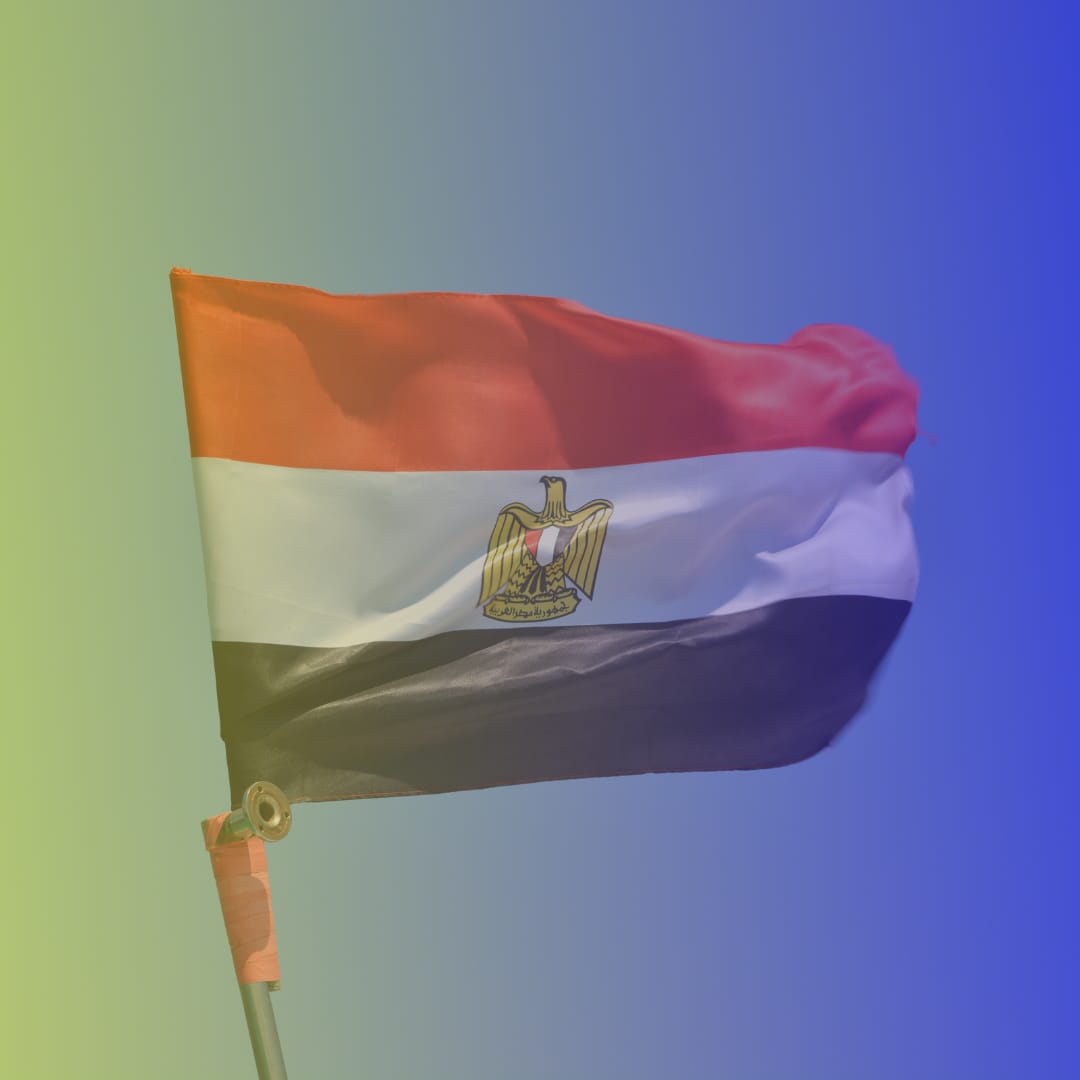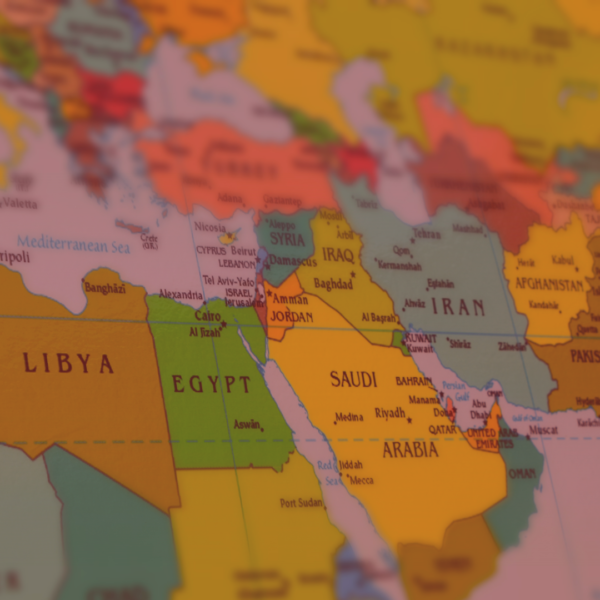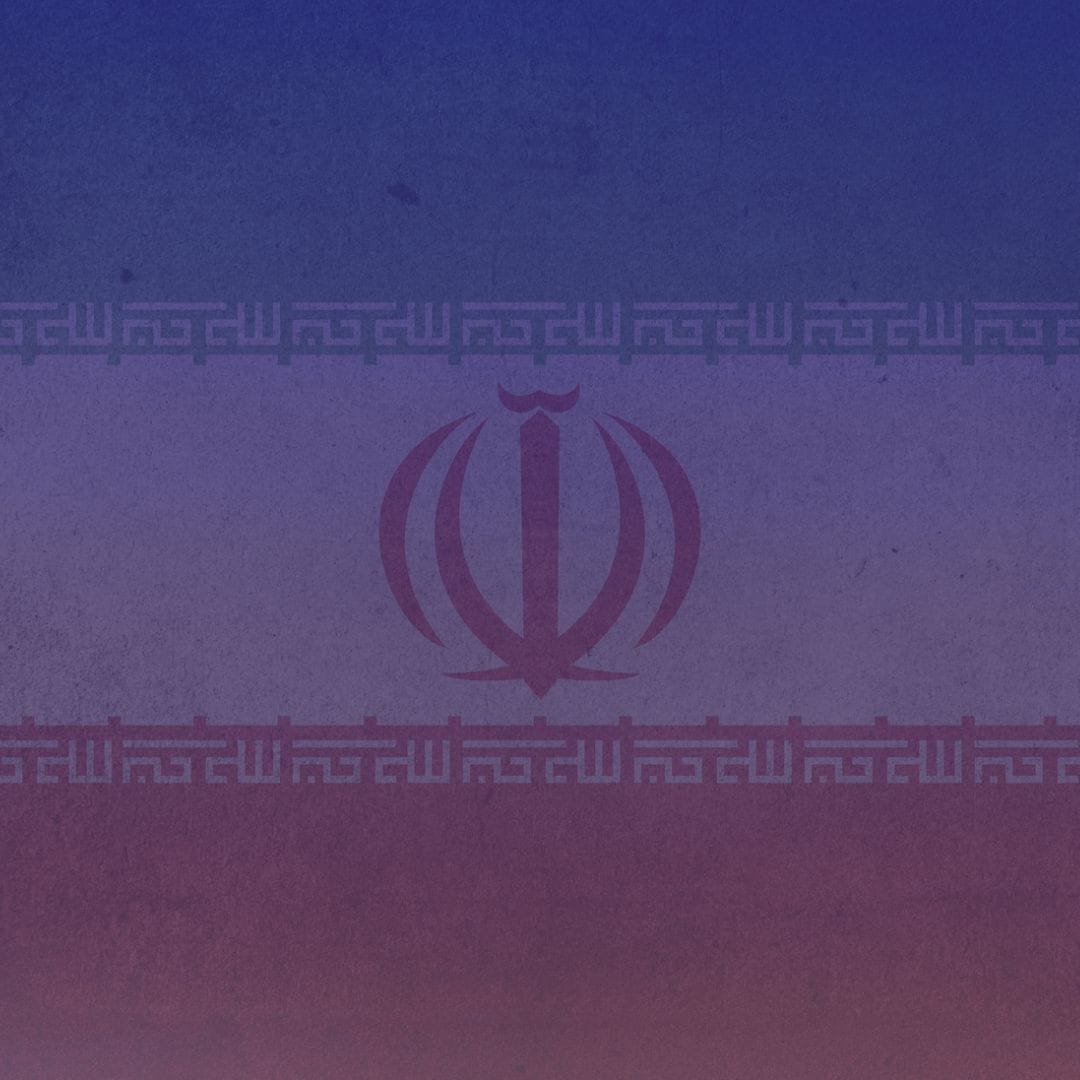
Written by Blanca Gonzalez and Luca Saviolo
Edited by Tommaso Filippini
Introduction
President Abdul Fattah al-Sisi secured a third term in office. By obtaining an 89.6 percent majority in the December ballot, the incumbent triumphed over the other three candidates, strengthening his power until 2030, when he will no longer be able to run again under the current legislation.
If constitutional amendments have never represented a huge obstacle for the Egyptian ruler, such a landslide victory gives him a breather for recasting and refuelling his domestic and international stance. Yet, darker clouds appear on the horizon: the state of the economy is a cause of great concern for Egyptians and the international community; while the suppression of political freedoms and civil rights is increasing, together with an ever-growing and powerful military which is potentially going to represent a double-edged sword for the regime stability. This short piece of analysis aims to address and unpack the main challenges that al-Sisi will have to face in the years to come. Embedded between the need to tackle the stifling economic crisis and ensuring to keep domestic political reins, his third term will mark a critical juncture in Egypt’s political trajectory in which any outcomes cannot be excluded.
Dark Economic Prospects Threaten al-Sisi’s Third Ter
In late 2022, a new International Monetary Fund (IMF) bailout programme raised expectations on Egypt for a feasible way-out of a strangling economic crisis. Aimed at easing pressure on Egypt’s economy, the agreement with the IMF would have provided the country with a $3 billion disbursement conditional upon the implementation of a series of economic reforms, which would target the increasing role of the state and military in the Egyptian economy, the lack of foreign currency reserves, and the rampant inflation (IMF, 2022). This is not to mention the accumulation of even higher levels of foreign debt that, while allowing short breathers, pushed the country’s gross debt to GDP position up to 90%, further exacerbating a dramatic financial and economic situation (IMF, 2023).
One year after the approval of the fourth IMF bailout programme, the outlook of Egypt’s economy has not improved, and it now emerges as one of the greatest challenge that the re-elected President will have to face in this upcoming term.
Egypt’s economic performance has been at the top of al-Sisi’s agenda since he came to power in 2014. Although the president gave hopeful signals to investors and markets in his first 100 days in power by cutting subsidies and raising taxes, results have not lived up to their expectations. Additionally, exogenous shocks such as the Covid-19 pandemic and the war in Ukraine, have hit the country and its finances. In 2023, Egypt’s debt-to-GDP ratio is expected to reach 93 percent (EIU, 2023). While this figure is not necessarily significant on its own, it is an indicator that the Egyptian economy and its finances have been strained by a combination of bad macroeconomic conditions and structural imbalances.
Driven by rising food and beverage prices, inflation reached 35.7 percent in October and is expected to exceed the 40 percent threshold by the end of December (Ibid.). Inflationary pressure has added to the foreign currency crisis that has been stifling Egypt’s economy, and the Egyptian pound, despite three currency devaluations in less than two years (England & Stubbington, 2023). Massive capital outflows are seen as the market’s response to the growing role of the military in the economy. From influencing economic policies and public contracts to infrastructure and mega-projects, but also fuel, transport and hospitality: the army has been described as the “owner[s] of the Republic” (Sayigh, 2019), extending its reach across all sectors and causing investor confidence to plummet.
In such a complex framework, al-Sisi’s politics of denial to shift the blame for the mismanagement of the economy onto external events or external actors has further hindered progress and upset the markets (Eldel, 2023) Acknowledging the self-induced causes of the crisis would be the first step forward. However, the limited implementation of the IMF programme is quite illustrative of al-Sisi’s own trap, caught between the need to keep the military strong to deal with growing public dissatisfaction and the stark reality of facing a dramatic economic crisis.
Prospects are dark. Uncontrolled inflation and foreign currency shortages merge with structural imbalances and political stubbornness (or fear). To this outlook, alarming debt levels have put unsustainable pressure over public finances, and the IMF’s decision to indefinitely postpone the first review of the bailout programme put al-Sisi in front of the greatest challenge since he came to power. Structural reforms and unpopular economic measures are needed to lead Egypt out of the storm, and the decision to bring forward the elections was indeed considered with this outcome in mind. However, their implementation seems to walk on a thin line between Egyptians and the military, and there is no certainty that al-Sisi will manage to go through with it.
Keeping the Political Reins
If the economic outlook represents the greatest challenge of al-Sisi’s third term, the political dimension is not without hurdles. Egypt has consistently received poor Freedom House scores: 18 out of 100 for two consecutive years (Freedom House, 2023). Amid stifling economic pressure, maintaining the control of the press, managing the growing power of the military, and keeping a loyal opposition will not be easy tasks.
Although the international community is pressuring Egypt to end its violent repression of the press, attacks against journalists have not ceased. Reporters Without Borders (RSF) claim that “Egypt continues to be one of the world’s biggest jailers of journalists” (RSF, 2023), and press freedom is widely curtailed. “Censorship, police raids, shutdowns, arrests, sham trials, enforced disappearances and arbitrary detentions are all part of the daily life of journalists in Egypt” (RSF, 2023). Freedom House corroborates these findings by calculating a score of zero out of four for media freedom in Egypt (Freedom House, 2023). Irregular trials have become commonplace, and due processes are not respected. Some journalists have been imprisoned for longer than Egypt’s formal five-year limit on provisional detention (RSF, 2021). Notably, incidents involving violent detentions and harassment of family members have been documented. Al-Sisi is thus trying to hold together an information monopoly, and journalist repression is only the tip of the iceberg. However, information monopolies are difficult to maintain, and numerous cracks in the system, motivated by the popular desire to share the country’s reality, may challenge the President’s ability to isolate information.
If maintaining the control of the press is vital for al-Sisi’s survival, an expanding and progressively more violent military could become a double-edged sword. On the one hand, this might increase the power of the regime. On the other, the economic strategy of engaging in mega-projects instead of smaller-scale economic reforms caused competitive rent-seeking behaviour amongst military actors, who are growing wealthier and more powerful (Sallon, 2023). While so far the military has remained subordinate to Al-Sisi’s rule, it might become more complicated and costly to keep this influence from trickling into the government and overreaching to the President’s powers.
Furthermore, political opposition might progressively become a latent threat. In recent years, the Egyptian opposition has been a compliant group, beneficial to al-Sisi’s cause as they contributed to the illusion of a competitive democracy, but did not pose a real threat to his monopoly of power. Additionally, gerrymandering, vote-buying and candidate intimidation ensured opponents would not be elected (Freedom House, 2023). However, some intellectuals and civil society leaders have been calling out al-Sisi’s governing strategy. As the opposition gains momentum, al-Sisi has started setting up security services that keep adversaries from operating on the streets. If he is not able to keep buying off the loyalty of this opposition or physically impeding their advance, the legitimacy of his regime could be at risk.
Clouds on the Horizon
While al-Sisi did not encounter harsh obstacles in his third run for the presidency, his new term opens with a few potentially critical hurdles ahead.
There is not enough proof yet that the economic crisis will manage to topple the regime, but al-Sisi’s next six years will see him grapple with the need to increase revenue and financing while tackling foreign currency shortages. This will put him in front of a difficult choice: addressing the economic crisis by adopting unpopular measures and reducing the role of the military; or keeping the security apparatus alive, letting the crisis worsen. In addition to this, the conflict in Gaza is knocking on Egypt’s door, with new expenses and troubles on the horizon. All in all, prospects are dire for al-Sisi’s ruling and the success of his term, as new cracks may emerge from his most solid certainties.
___
References
Al Jazeera, (2023). Egyptian opposition claims endorsements for president are being blocked. Retrieved December 19, 2023 from
https://www.aljazeera.com/news/2023/10/4/egyptian-opposition-claims-endorsements-for-president-are-being-blocked
BBC (2023). Egypt election: President Sisi wins third term. Retrieved December 19, 2023 from https://www.bbc.com/news/world-middle-east-67751459
Eldin, Z. B. (2023). Egypt must face reality and reform to build on its success stories. Financial Times. Retrieved 14 December 2023, from https://www.ft.com/content/b5bec0d9-7aac-4182-b908-06f35176097a
England, A., & Stubbington, T. (2023). Egypt’s pound plunges to new low as authorities try to stem currency crisis. Financial Times. Retrieved 14 December 2023, from https://www.ft.com/content/fa457ac5-2c92-4348-b686-3a04df721f4b.
Freedom House (2023). Freedom in the World 2023 – Country Report: Egypt. https://freedomhouse.org/country/egypt/freedom-world/2023
International Monetary Fund (2022). IMF Executive Board approves 46-month US$3 billion extended arrangement for Egypt. https://www.imf.org/en/News/Articles/2022/12/16/pr22441-egypt-imf-executive-board-approves-46-month-usd3b-extended-arrangement
International Monetary Fund (2023). World Economic Outlook, October 2023. https://www.imf.org/external/datamapper/datasets
Reporters Without Borders (2023). Egypt (country page). https://rsf.org/en/country/egypt
Reporters Without Borders (2021). Portraits of journalists imprisoned by Sisi in Egypt. https://rsf.org/en/portraits-journalists-imprisoned-sisi-egypt
Saafan, F. (2023). Egypt’s presidential election: who are the candidates? (A. Lewis & A. Williams, Eds.) Reuters. Retrieved December 19, 2023, from
https://www.reuters.com/world/africa/egypts-presidential-election-who-are-candidates-2023-12-06/.
Saafan, F. & Williams, A. (2023). Egyptian opposition candidate ends campaign for presidential poll (McCool, G., Ed.) Reuters. Retrieved December 19, 2023, from
https://www.reuters.com/world/africa/egyptian-opposition-candidate-ends-campaign-presidential-poll-2023-10-13/
Sallon, H. Le Monde (2023). Egypt’s military tries to hang on to its economic empire. Le Monde. Retrieved 14 December 2023, from
https://www.lemonde.fr/en/le-monde-africa/article/2023/03/16/egypt-s-military-economic-empire-under-threat_6019536_124.html
Sayigh, Y. (2019). Owners of the republic: An anatomy of Egypt’s military economy. Carnegie Endowment for International Peace.
The Economist Intelligence Unit (2023). Egypt Country Report. https://www.eiu.com/n/

 The geopolitical role of the Sahel: the influence of the EU and other Great Powers in the Malian crisis
The geopolitical role of the Sahel: the influence of the EU and other Great Powers in the Malian crisis  Is Nuclear Disarmament Still a Dream? The Third Meeting of State Parties in Perspective
Is Nuclear Disarmament Still a Dream? The Third Meeting of State Parties in Perspective  Strategic Saboteur: Hungary’s Entrenched Illiberalism and the Fracturing of EU Cohesion
Strategic Saboteur: Hungary’s Entrenched Illiberalism and the Fracturing of EU Cohesion  The invention of development: power, narrative, and the afterlife of Truman’s speech
The invention of development: power, narrative, and the afterlife of Truman’s speech 


